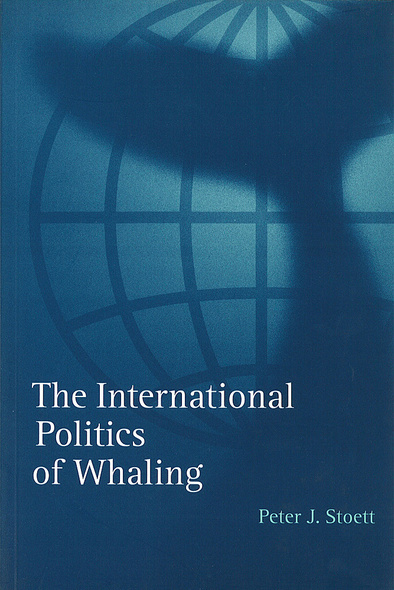
Whales: large, mysterious, intelligent – and endangered. In 1986, a global moratorium on whaling was issued by the International Whaling Commission. However, that decision was not without controversy. Some countries, such as Norway, continue to whale in defiance of the ban. In this fascinating book, Peter Stoett combines ecological sensitivity with a hard assessment of the political realities of the international regime to examine this important issue.
The International Politics of Whaling examines contemporary whaling issues with an emphasis on three factors: our knowledge of whales and current whale populations and the impact of whaling; the actors and institutions involved in the debate over whaling; and the ethical dimension. Reluctantly, he concludes that the current global moratorium on whaling is problematic and that we must focus instead on habitat preservation in order to protect whales more effectively.
The book offers a useful corrective to the argument advanced by some environmental non-governmental organizations and countries that commercial whaling poses the greatest threat to the world’s cetacean species.
The International Politics of Whaling is a fascinating and timely account of a major collision involving environment, economics, politics, and ethics ... The text is crisp, well organized ... Highly recommended.
1 Ecopolitics: The International Dimension
2 The Whale and the Whaler
3 Cetapolitics: The IWC, Foreign Policies, and NGOs
4 Whale Ethics: A Normative Discussion
5 Conclusion: Whales and World Politics
Appendices
Notes
Bibliography
Index






